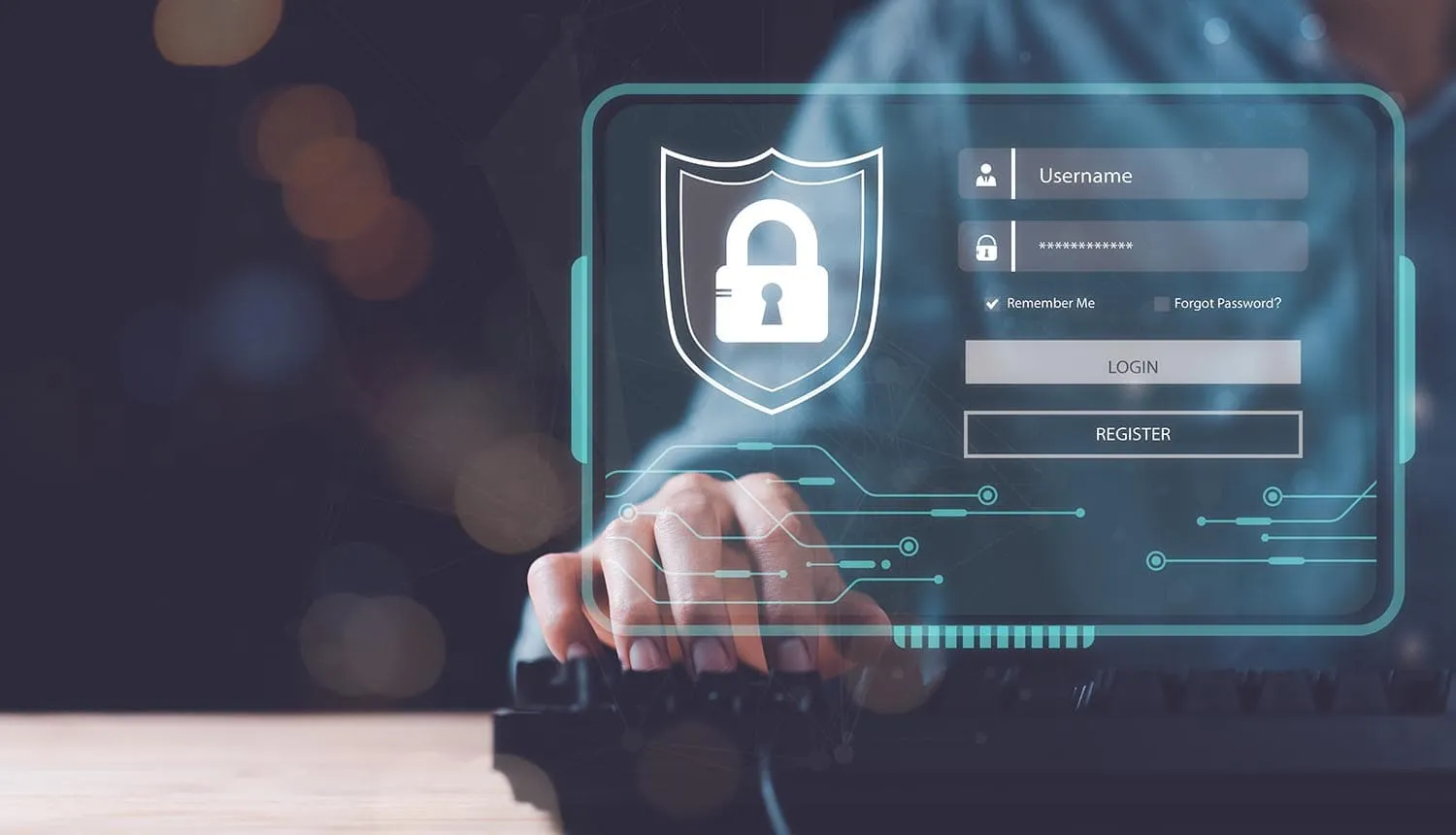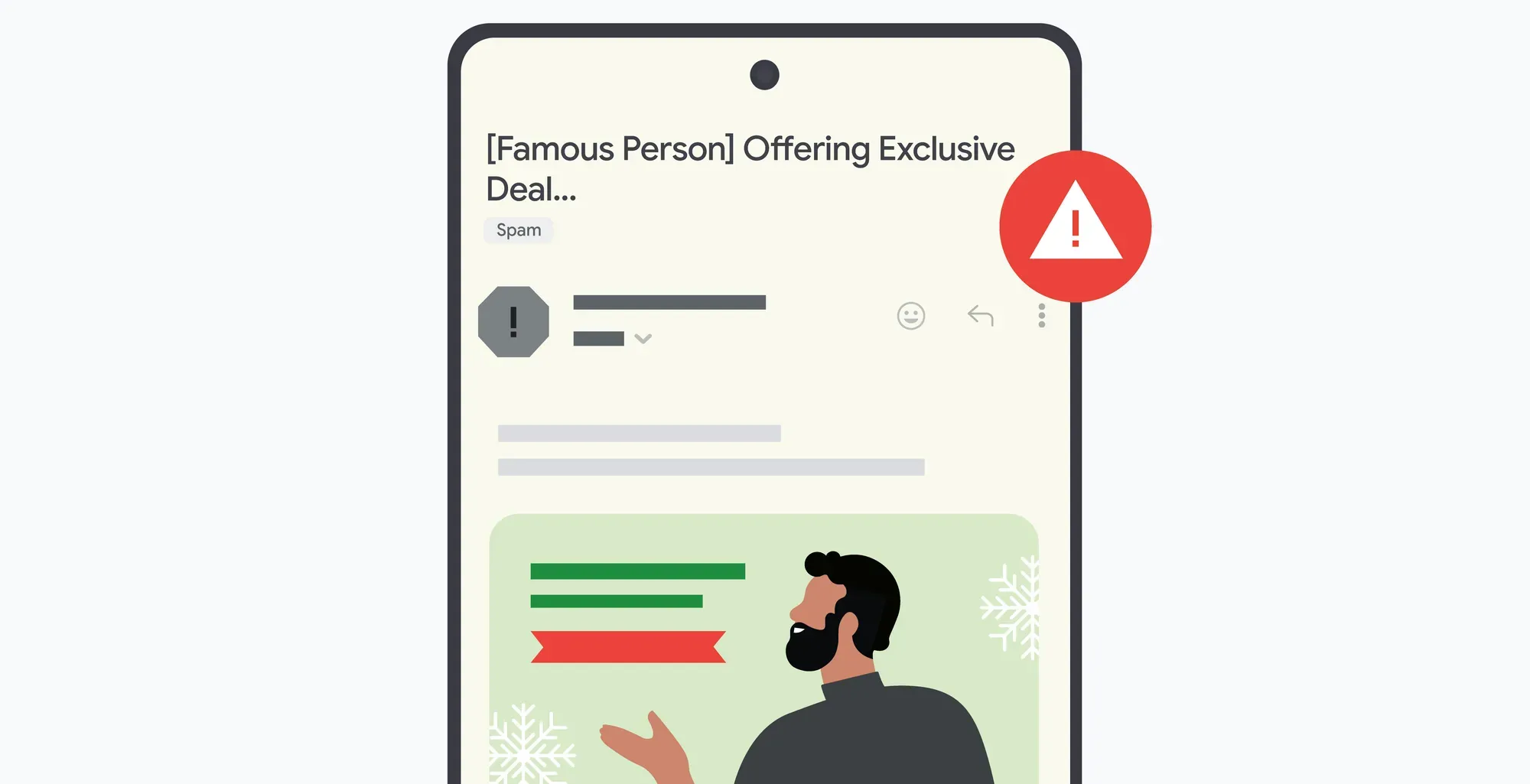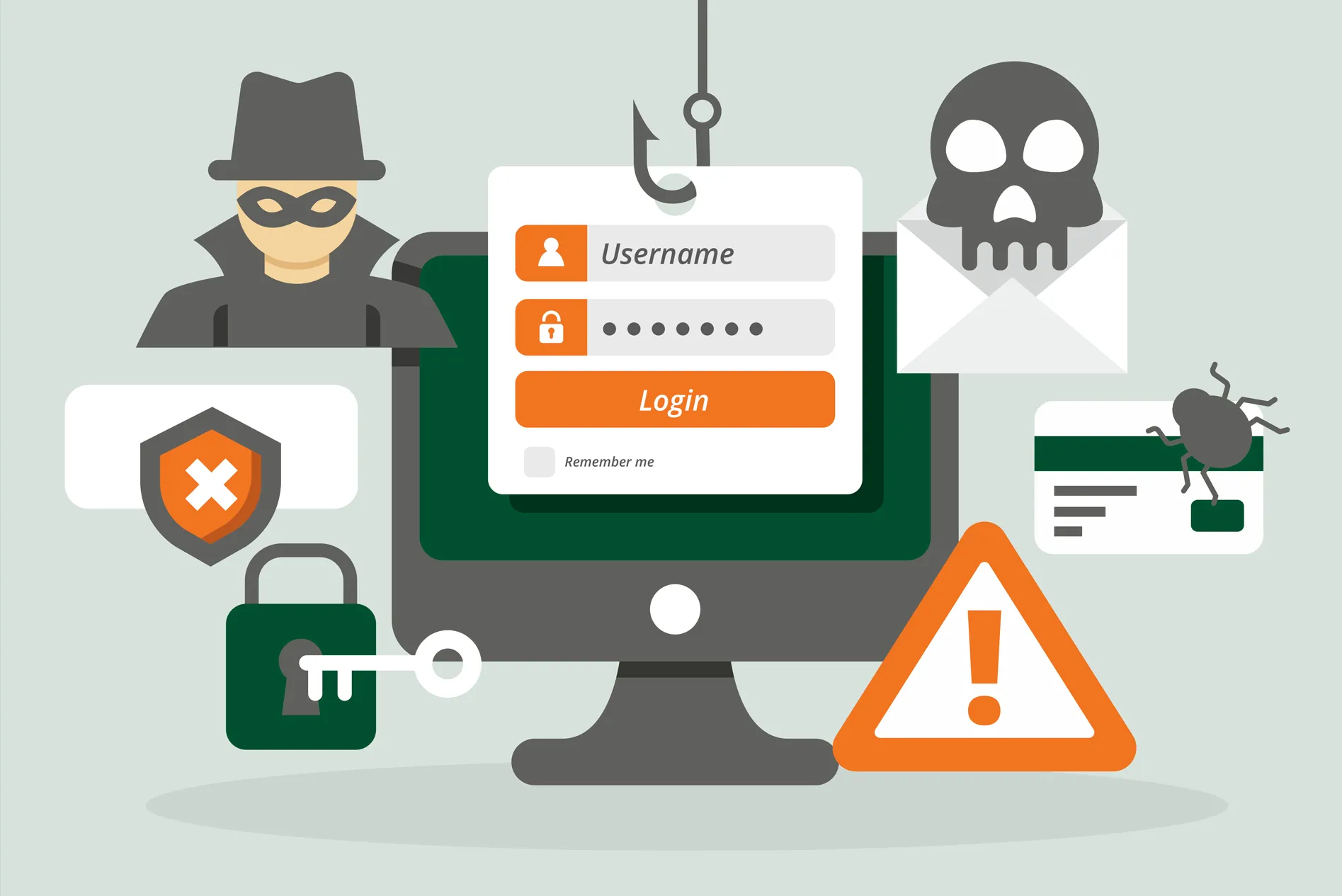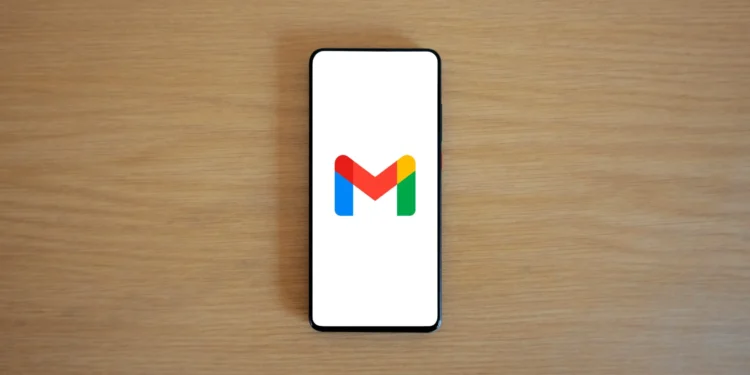As the digital world braces itself for the holiday season, a fresh wave of cyber threats is sweeping towards Gmail’s massive user base, signalling a dire need for heightened vigilance and enhanced security measures. With over 2.5 billion users globally, Gmail remains a prime target for cybercriminals, particularly as phishing attacks—though reduced by 35% compared to last year—remain a significant threat. Andy Wen, Gmail’s Senior Director of Product Management, underscores the gravity of the situation, noting that despite the decline, “attackers are very persistent and typically gear up for a second wave of attacks at this point in the season.”
In response to these escalating threats, Google has not been complacent. The tech giant continues to fortify Gmail’s defences, blocking an impressive 99.9% of spam, phishing, and malware. This year, Wen reveals, Google has integrated advanced AI models that have considerably bolstered the platform’s ability to thwart attacks, catching an additional 20% of spam through the identification of malicious patterns previously undetected.

A Closer Look at the New Wave of Email Scams
1. Gmail Extortion Scams: A Disturbing Rise in Personal Threats
One of the more sinister methods surfacing in this latest wave involves so-called “We know where you live” attacks. These vicious scams intimidate recipients by revealing personal details such as home addresses, often accompanied by threats of physical harm or extortion. These emails may even include photographs of the victim’s residence, adding a chilling layer of personal violation to the scam.
2. Invoice Frauds: Preying on the Unwary During the Holiday Rush
Another rampant scam is the circulation of fraudulent invoices. These emails prompt users to dispute fake charges for a fee, typically directing them to make phone contact via a number provided in the message. Although not new, their prevalence has surged, reflecting the opportunistic nature of scammers during periods of high transaction volumes like the holidays.

3. Celebrity Impersonation: The Lure of Fame
An interesting twist in the phishing playbook involves impersonating or invoking celebrities to endorse products or solicit personal information. This tactic plays on the influence and recognition of public figures to deceive fans and consumers, illustrating the manipulative breadth of techniques used by cybercriminals.

How to Safeguard Your Gmail Account
In light of these sophisticated and diversified threats, Wen offers some crucial advice to all Gmail users. First, he stresses the importance of taking a moment to assess the legitimacy of urgent or too-good-to-be-true offers. Slowing down can be a simple yet effective deterrent against hasty decisions spurred by scam emails.
Secondly, research is key. Verifying the sender’s email address and cross-checking any unusual requests against known scams can prevent many potential breaches. Google also encourages users to make use of its reporting features, which not only help clean individual inboxes but also enhance the collective security of all users by feeding vital data back to Gmail’s AI-driven defences.

As 2024 draws to a close with an upsurge in email-based threats, the importance of email security has never been more critical. With attackers employing increasingly sophisticated methods to compromise user data, staying informed and cautious is the best defence. Remember, the responsibility to protect your digital life starts with recognizing the threats and taking proactive steps to defend against them.










